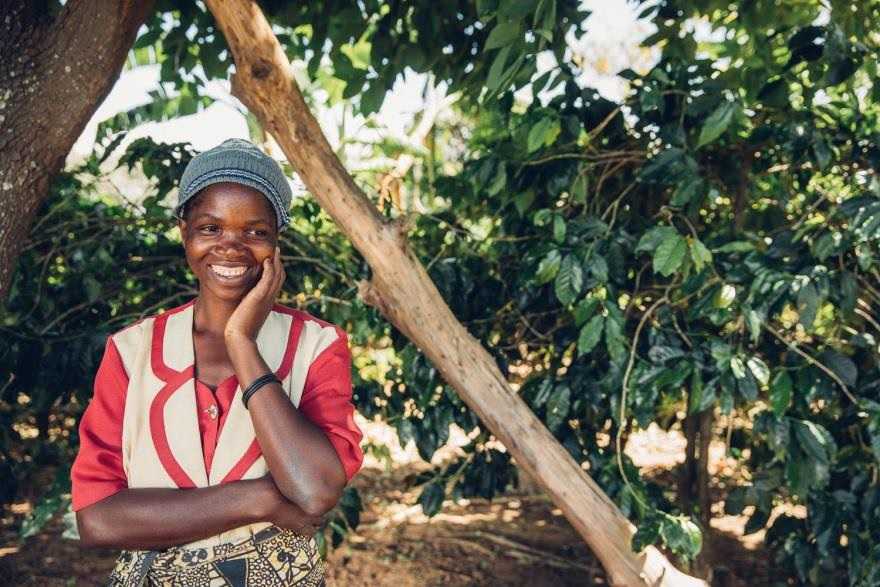HAMBURG, Germany — One of the most impactful ways to promote sustainable development in coffee households and producer communities is to drive change for women!
As there are 20 million farmer families producing coffee there are also 20 million women that are ready to perform their role. Therefor the initiative for coffee&climate is expanding its gender-focused climate component.
Strengthening their rights, supporting their participation in household decision-making, incorporating them into farmer organizations, and empowering their knowledge supports families and communities to grow stronger. Thus gender programming also needs to be incorporated into any strategies for coping with climate change.
Most of the coffee production worldwide is not mechanized
In many regions and in particular in most of Africa, women can do up to 90% of the field and harvest work.
A survey from the International Trade Center indicated that this is a ‘typical’ role for women in the coffee industry globally. They are rarely involved in higher value-generating activities. Income from their family’s coffee field is mostly channelled through the men without a common decision-making process at the household level which means without the involvement of the other family members.
“Within the initiative for coffee&climate (c&c) we are looking at many coffee regions that are facing negative effects of the changing climate: higher temperatures and water stress lead to lower productivity and often also inferior product quality”, says Michael Opitz, Director of the initiative for coffee&climate. Not only is it getting more demanding to cope with effects on the crop, women in rural areas also face additional challenges. Besides working in the field they are responsible for most household related tasks. “To give an example: women in rural areas of Southern Tanzania spend up to three hours per day for fetching water and for collecting firewood. At the same time water is getting scarce. Deforestation makes it more difficult to collect firewood.”
Introducing practical and time-saving technologies such as clean and efficient cooking stoves, solar energy and domestic rainwater harvesting are addressing women’s ‘time poverty’, increasing the household’s members’ health, helping them to save money and protecting the environment simultaneously.
Explore the approach in this short video: https://youtu.be/hsuonUz0DFQ.
Incorporating the gender approach in climate projects, therefore, goes far beyond climate-smart practices on the household level. The saved time allows women a more frequent participation in training activities and become drivers of climate-smart agronomy practices.
Additional programming efforts include the promotion of joint decision taking with a long-term vision as well as the stronger participation and integration of women into management processes and structures in coffee farmer organizations and cooperatives to strengthen operations, transparency, networking and service orientation to their members.
The initiative for coffee&climate is implemented by Hanns R. Neumann Stiftung and working with coffee producing families in Central America, Brazil, Tanzania, and Vietnam.
It prepares coffee households for the challenges of climate change and strengthens their ability to adopt better production and resilient livelihood strategies.
Enhancing the understanding of farming as a family business with specific female coaching have proven to amplify our project effects.
“Previously I used to go to the stream to fetch stream water daily but after installing domestic rainwater harvesting I can now go after some months; so this time when I am in the field I don´t think of not having water at home. Also at the beginning I could not fully invest my time in production since much of my time I spared it in search for water especially during a prolonged drought period”, states Joyce Hamala, coffee farmer from Tanzania. And when it comes to climate- related actions the impact on the situation of women, on project results and adaptation to and mitigation of climate change is even receiving a further boost. By that, we close a significant gap in sustainability programs.
coffee&climate is present at the SCA Expo in Seattle from April 18, 2018.
Read more at www.coffeeandclimate.org.

















